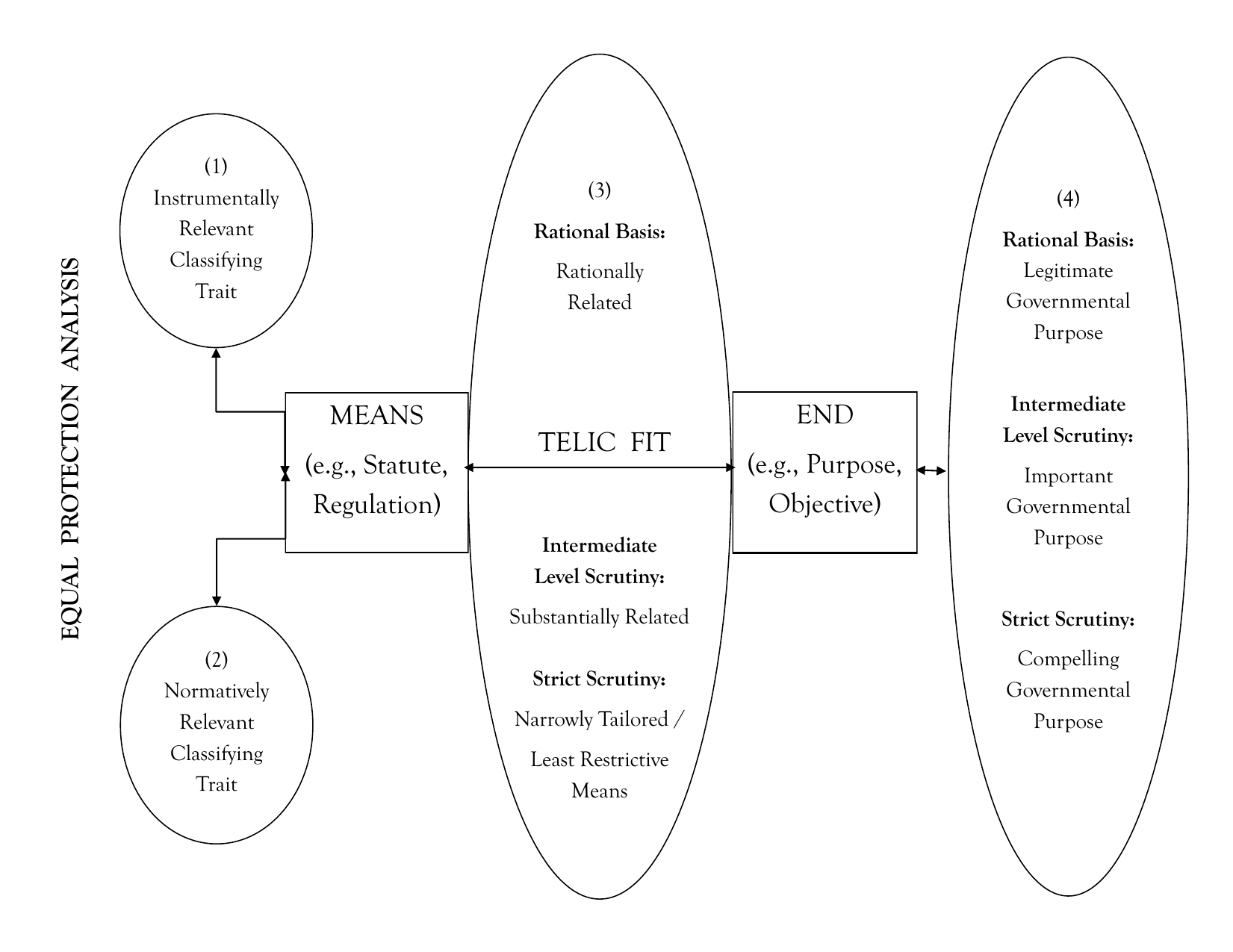

But barriers can also arise from, and be sustained by, behaviors that are designed to frustrate entry and preserve market power. Or it may have managed to establish a business protected by network effects-that is to say, one that has the characteristics of a telephone network, becoming more valuable to existing users as more people start to use it. A firm may deliver products or services that others cannot replicate, or at costs they cannot match. These barriers can derive from a variety of sources. In this economy, market power exists because of entry barriers-factors that prevent competitors from entering a market with higher-than-normal returns. These and other factors have raised the antennae of economists, antitrust scholars, and competition authorities in the United States, United Kingdom, European Union, and Australia.
#Gets antitrust scrutiny on data usage software
4 These valuations reflect the current and expected profitability of these companies.Īlthough the business activities of these companies are quite complex, it is apparent that they have significant influence over important aspects of the digital economy: Google in online search Facebook in social networks Amazon in e-commerce sales and delivery Apple in smart phones and related software apps and Microsoft in business software. Their revenue comes from targeted, real-time digital advertising, both commercial and political.Īs a consequence of their integration into household behavior and commerce, Apple, Microsoft, Amazon, Google, and Facebook are among the very largest companies in the world in terms of market capitalization.

Some digital service companies, by virtue of what they sell or provide for free, have developed the capacity to closely monitor the digital activity of individuals across the internet and monetize the results of that surveillance. Households spend significant resources on digital hardware and software for personal and work-related purposes, using these services for a huge set of activities, including communication, internet search, social networking, and the purchase of goods and services. Interest in these companies derives from the increasingly important role that digital services now play in the lives of individuals, commerce, and politics. Even though detailed information about business practices and competitive conditions can be hard to find, there is enough publicly available information to suggest that close antitrust scrutiny is in order for some of these firms. 3Īlthough the competition problem pervades the economy, there has been intense focus on the market power of large U.S. But these alternative explanations are becoming harder to sustain as empirical research accumulates. It is possible to take issue with any one of these measures and to argue that some of these trends actually reflect superstar levels of efficiency and returns to scale. 1 Moreover, stock market participants have been signaling the problem by assigning very high equity values to a relatively small subset of public firms earning monopoly profits.

In many industries throughout the country, there is increased concentration, rising profit margins, declining entry, and low investment relative to profits. The 1976 law requires document-intensive submissions to a regulatory agency if it sees something in the initial submission that raises antitrust concerns.The data show that the United States has a competition problem. Seeber’s consultancy helps companies comply with second requests under the HSR Act. “How gets enforced, and whether it will be enforced, is a question,” Level Legal CEO Joey Seeber told Legal Dive. What this will look like in practice is unclear no deal has reportedly been held up yet on data consolidation grounds, but it’s something general counsel might benefit from having on their radar screen if their company is proposing an acquisition that could result in a significant concentration of data. “We need to take a holistic approach to identifying harms,” she said.

In a staff memo she released shortly after Biden issued his order, FTC Chair Lina Khan talked about “broadening our frame” on antitrust enforcement to include data consolidation as one of the elements regulators should scrutinize. The amount of data your company stands to amass from an acquisition could be the reason your deal is blocked on antitrust grounds, a compliance specialist says.Īs part of the whole-of-government approach President Joe Biden announced last year when he released an executive order to curb consolidation on antitrust grounds, the Federal Trade Commission and other agencies are being directed to look into companies’ data practices as part of the Hart-Scott-Rodino (HSR) compliance process. No acquisitions have reportedly been scuttled because of a company’s digital practices, but agencies have been told to look at the competitive impact of the combined company’s user knowledge.


 0 kommentar(er)
0 kommentar(er)
